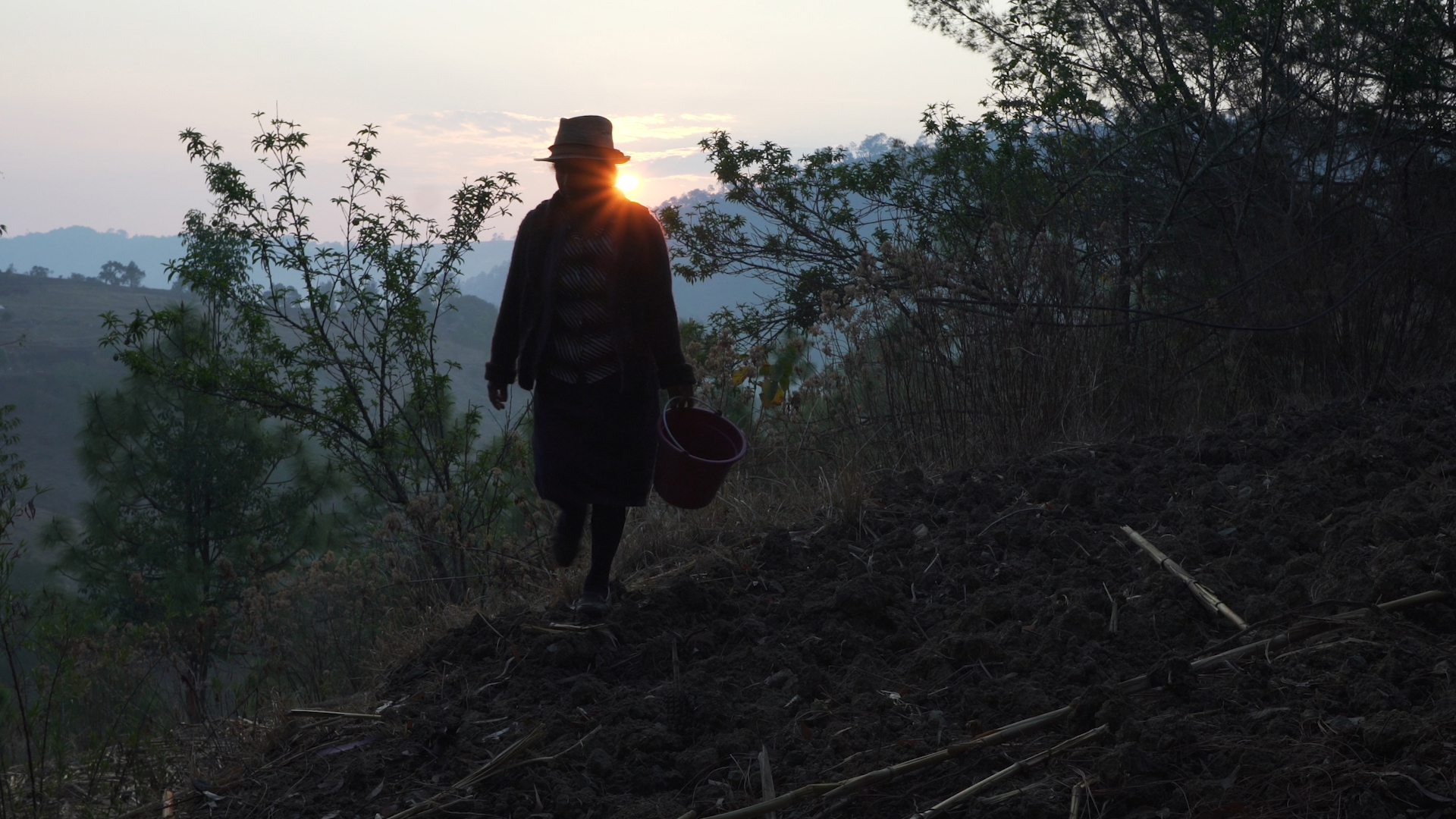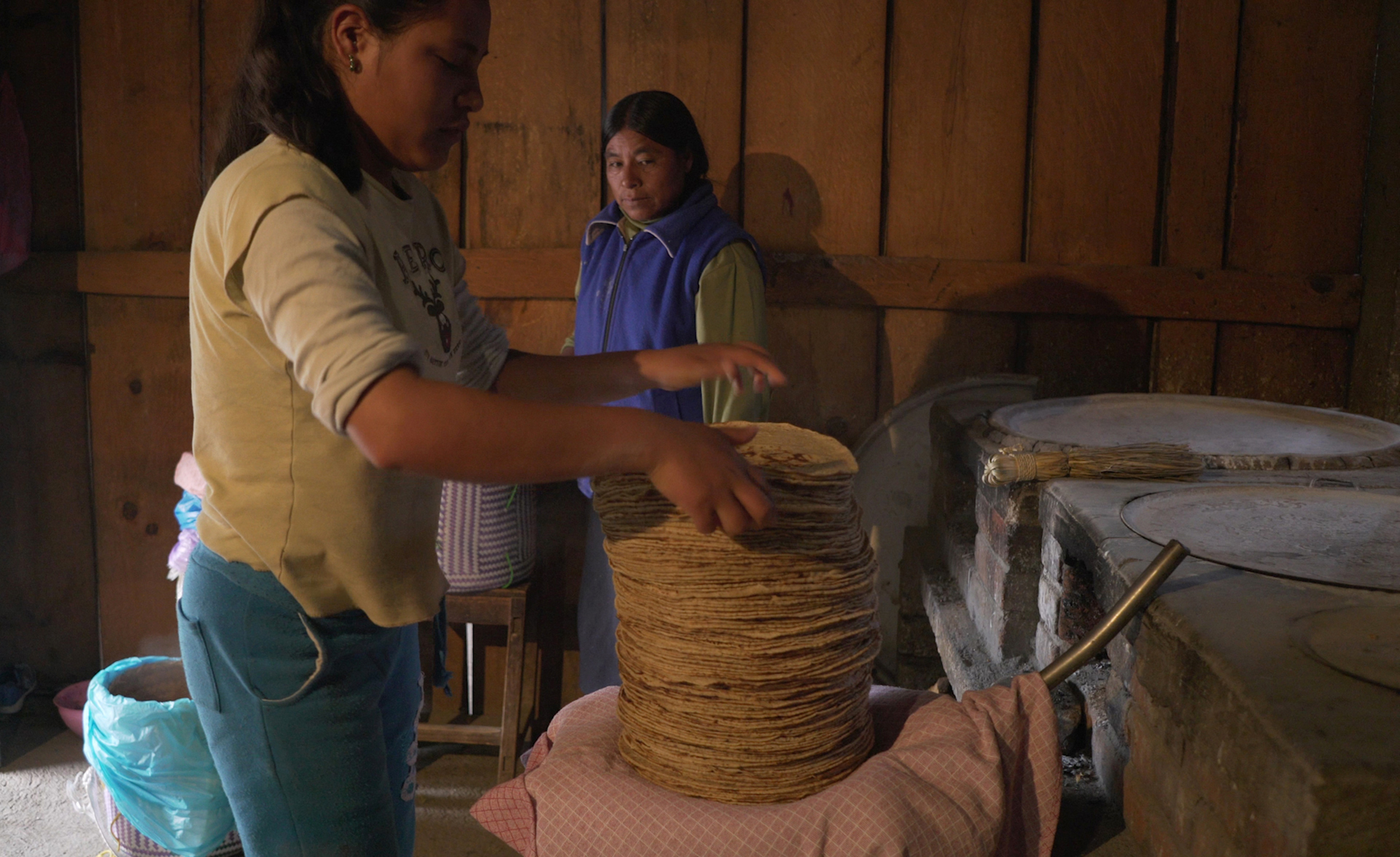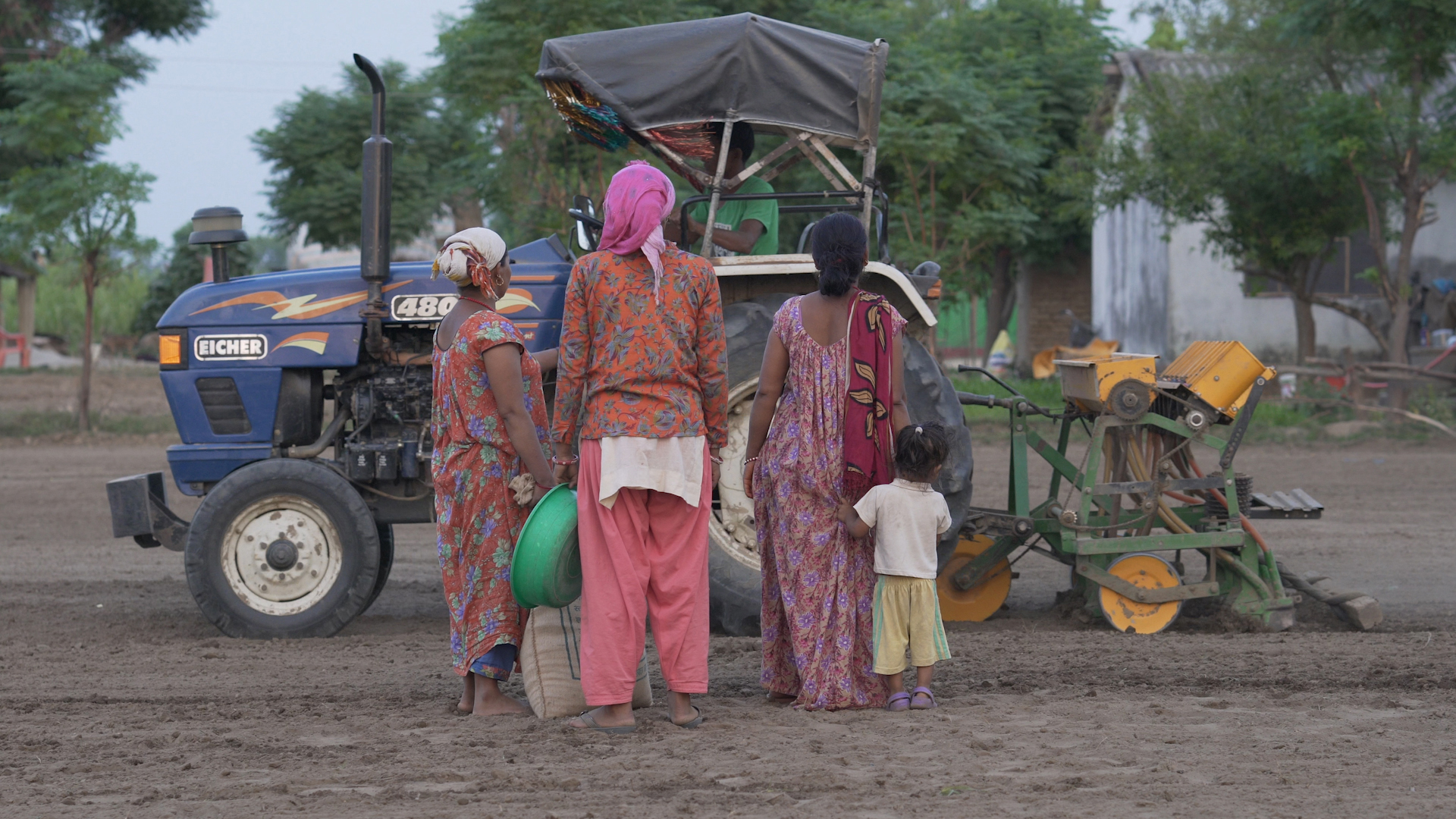The challenges of widowhood
Kining’ina is a quiet farming village in the remote Kilombero district of Tanzania, a full day’s drive and several hours on a dirt road from the thriving port city of Dar es Salaam.
While the amenities in Kining’ina are few, the fertile soil and access to irrigation waters from the rivers winding through the region have made the community well placed for maize, rice, and, of late, small-scale commercial vegetable production.
Traditionally, men in Kining’ina are in charge of most on-farm work, including growing vegetables for the market, while women are responsible for all household and care tasks, as well as selling produce at the market. This division is becoming less marked, however, according to the local agricultural extension officer Francis Mhando.
“These days, I think men realize that women . . . can also do the same work men do. Even if they didn’t do it before, now they can. Women are catching up with men and you may be surprised to find a few of them doing farm work just as well, if not even better than some men.”
– Francis Mhando, agricultural extension officer, Kining’ina, Tanzania
These changes, Francis emphasizes, are gradual, and the women engaging in commercial vegetable production in Kining’ina are still few. They are mostly widows who have no option but to continue the farm work formerly done by their husbands in order to support themselves and their children.
In Kining’ina widows are among the poorest and face many challenges, including ostracism and shunning by family and friends. As Zuhura Omari Mhali, a widow in her early 60s explains, “Ever since my husband died, I have had to be their [my children’s] mother and father, giving them the food and care they need.”
Fulfilling those roles requires extremely hard work, but also bending certain gender norms, such as those limiting women’s engagement in vegetable farming. Since Zuhura’s husband died, she has struggled to provide for her nine children.
“Do you think anybody will help me to look after my family? We widows live alone and suffer with our children. . . . You get no respect, and people don’t even treat you like a real human being.”
– Zuhura Omari Mhali, Kining’ina, Tanzania
Her children have moved out of the homestead.
“They left me alone to continue with my suffering,” Zuhura says. “Since then I have continued to work my land, but now I’m failing to help myself by farming because I’m very old.”
Beisha Ally Kindwiko echoes Zuhura’s words. When her husband was alive, they grew and sold vegetables together. But after his passing, Beisha strained to do all the farm work and selling alone to provide for her nine children. Unable to pay school fees, one of her sons had to drop out; several of her daughters left school prematurely due to pregnancy. Like Zuhura’s family, Beisha’s relatives did little to help her financially.
“I had to go to the farm by myself and also to sell,” she says. “I lived with a lot of hardship and almost no sleep. . . . In those days God gave me energy to work so hard I used to rest only a few hours each night, and you could never find me at home because I was always leaving before dawn and returning after dark.”
Beisha’s hard work paid off. She earned enough to feed her children and eventually bought a plot of land to build a house on. She also takes cares of her mother.
Zuhura, too, continues to do her best to make ends meet.
“So what can you do?” Zuhura asks. “You have to struggle for yourself and your children.”
Other video stories



Changing views about women’s capacities as farmers
Expanding economic agency amid sticky gender norms
When new technology disrupts traditional gender roles in agriculture
Contact us
For more information, please contact Marlène Elias, CGIAR GENDER Platform Alliances Module leader and Senior Scientist at the Alliance of Bioversity International and CIAT, marlene.elias@cgiar.org


